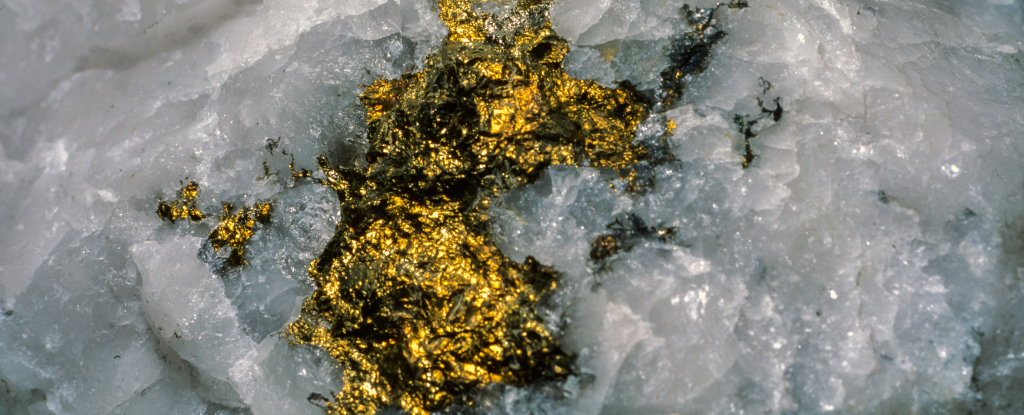
New findings by scientists in Australia could challenge what we thought we knew about the way gold nuggets bloom in vast reefs beneath our feet.
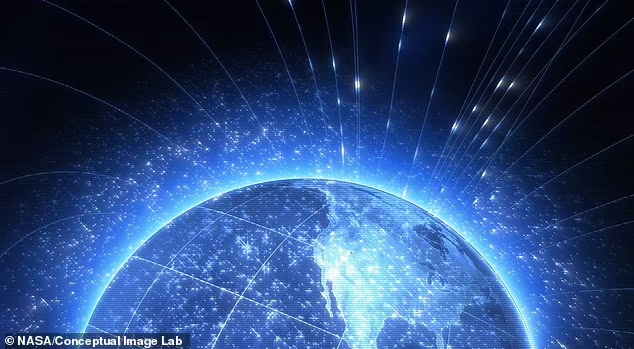
An international team of scientists has successfully measured a planet-wide electric field thought to be as fundamental to Earth as its gravity and magnetic fields.
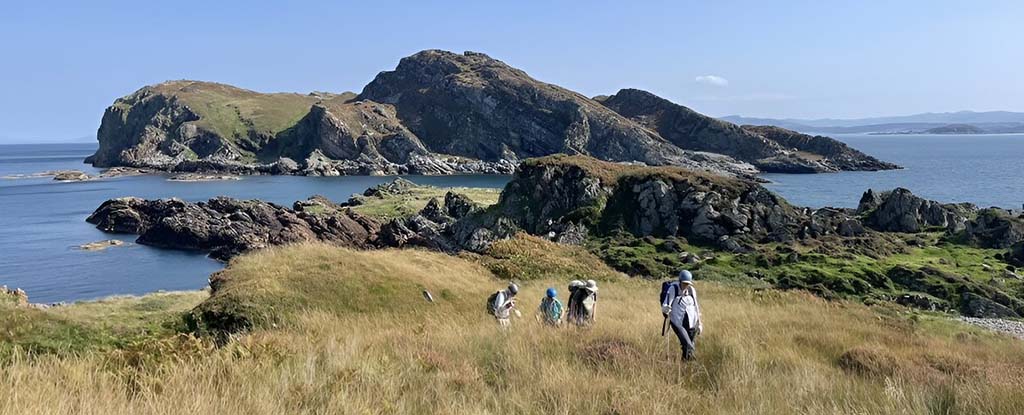
Now, scientists have discovered evidence of Earth's transition from a tropical underwater world, writhing with photosynthetic bacteria, to a frozen wasteland – all preserved within the layers of giant rocks in a chain of Scottish and Irish islands.
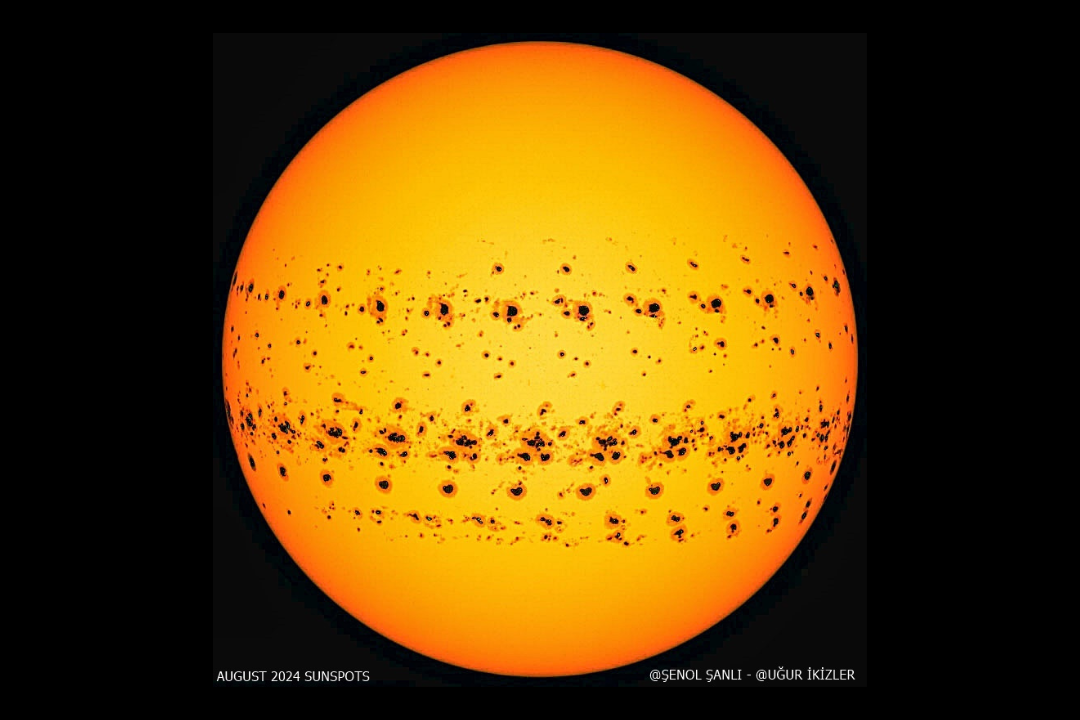
Experts record a record-breaking number of sunspots on the surface of our home star during the month of August.

Below the Earth's crust is our planet's thickest layer, the mantle, which influences many processes - such as volcanism, crust formation, and its magnetic field.

Venus and Earth seem like twins who, through dramatically different circumstances and choices, ended up leading dramatically different lives.
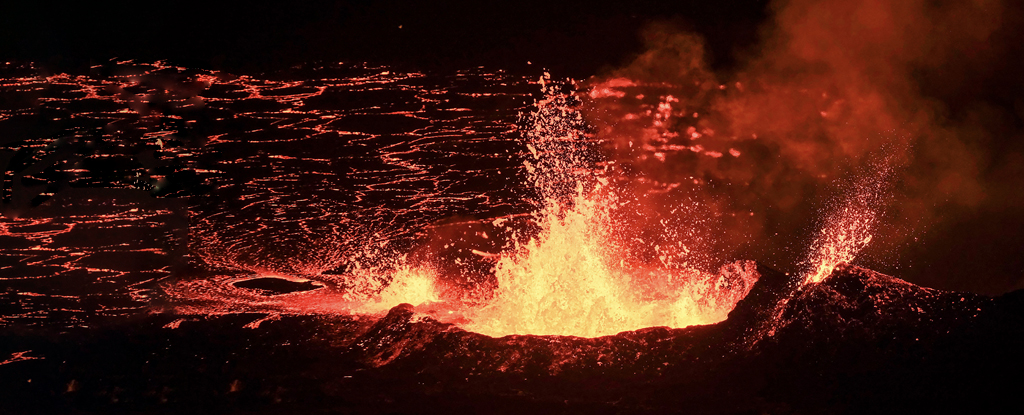
After about 800 years without a volcanic event on the Reykjanes Peninsula, the Fagradalsfjall volcano epupted in 2021, 2022 and 2023. FGour more eruptions have taken place to the west at the Sundhnúkur fissure system in 2023 and 2024.

Oxygen concentrations in our planet's waters are decreasing rapidly and dramatically—from ponds to the ocean. The loss of oxygen in water, also referred to as aquatic deoxygenation, is a threat to life at all levels.
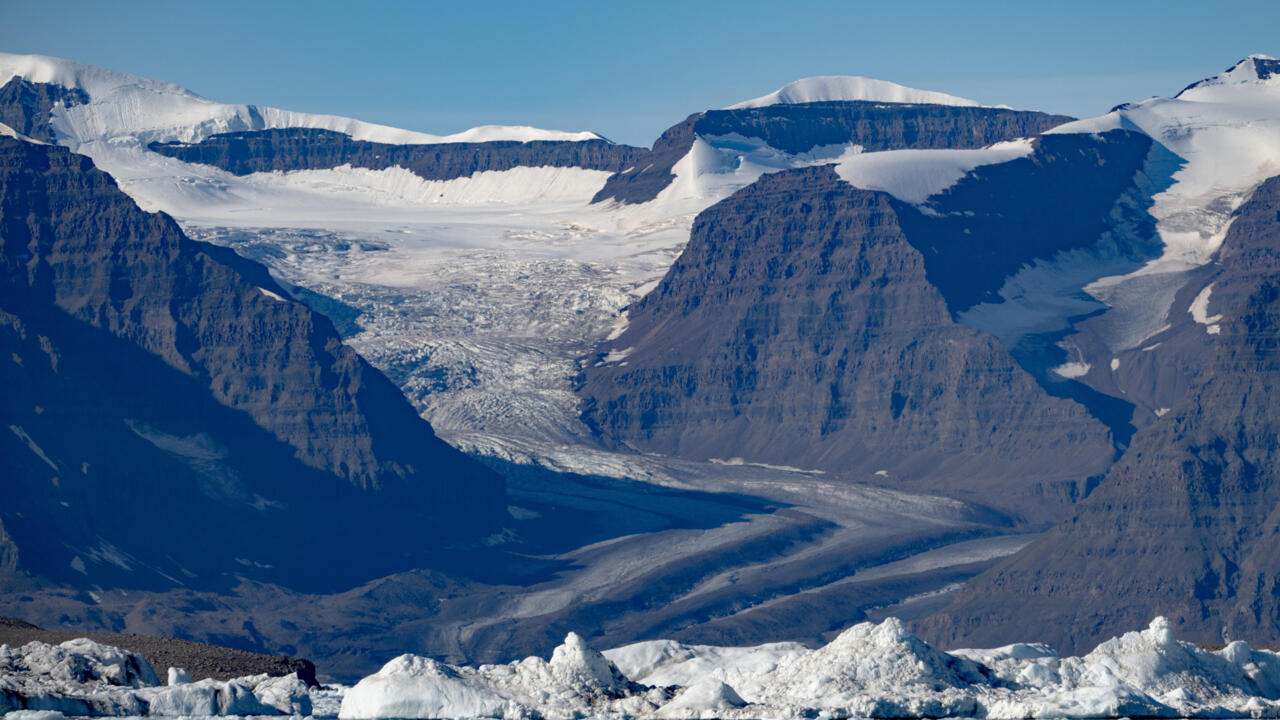
A new study says that the melting of the polar ice caps is causing our planet to spin more slowly. As the Earth turns more slowly, the length of day increases, intensifying the effects of a warming climate.

Every few thousand years, the Sun unleashes a burst of high-energy particles that can have serious consequences for life on Earth.
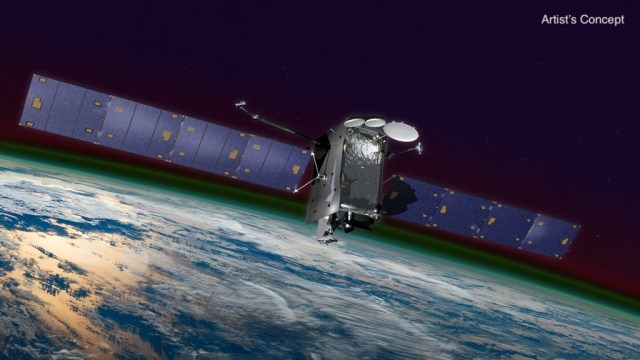
NASA's Global-scale Observations of the Limb and Disk (GOLD) mission has revealed unexpected C- and X-shaped formations in an electrified layer of gas high above our heads called the ionosphere.
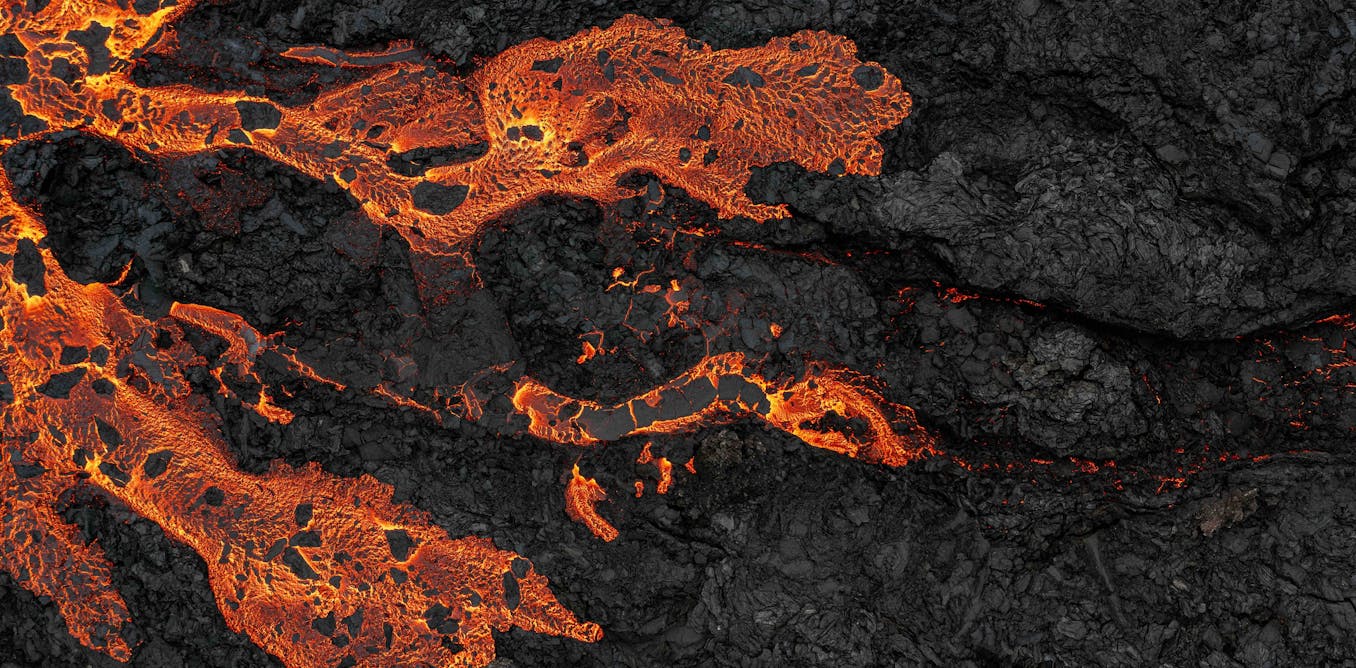
Our planet was born around 4.5 billion years ago. To understand this mind-bendingly long history, we need to study rocks and the minerals they are made of. In a new study, evidence of rocks of a similar age were found in Australia.
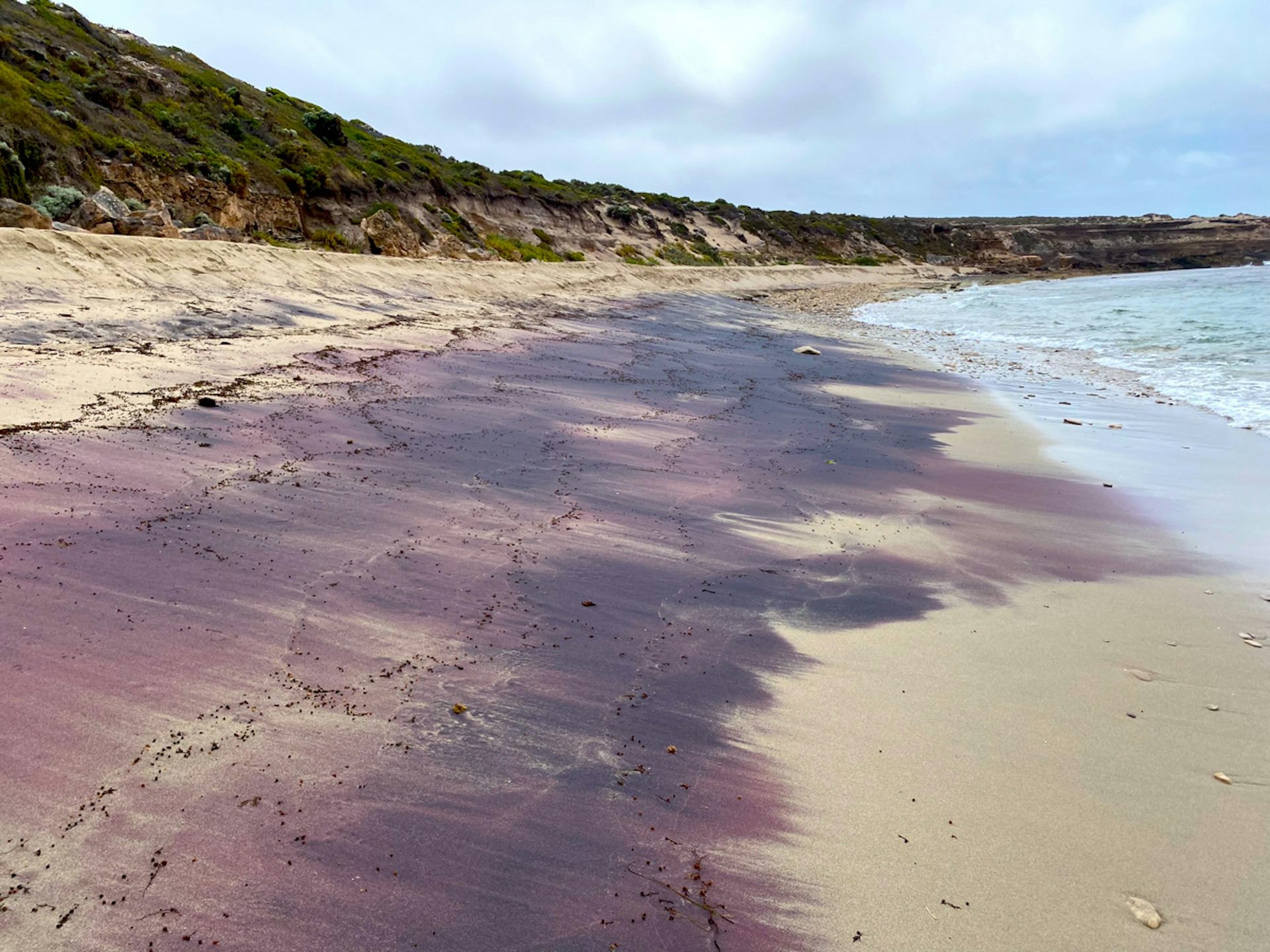
The hunt for the origin of garnet crystals found on South Australian beaches took researchers thousands of kilometres and half a billion years back in time to a hidden Antarctic mountain range.

Deep beneath our feet, in the heart of our planet, something unexpected is happening. Scientists have discovered that Earth’s inner core, a solid iron-nickel sphere roughly the size of the moon, is slowing down.
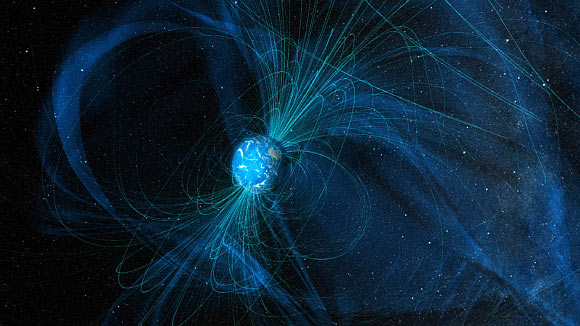
Geoscientists show that rocks from the Isua Supracrustal Belt in West Greenland have experienced three thermal events throughout their geological history.